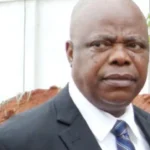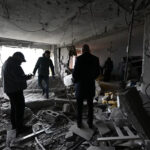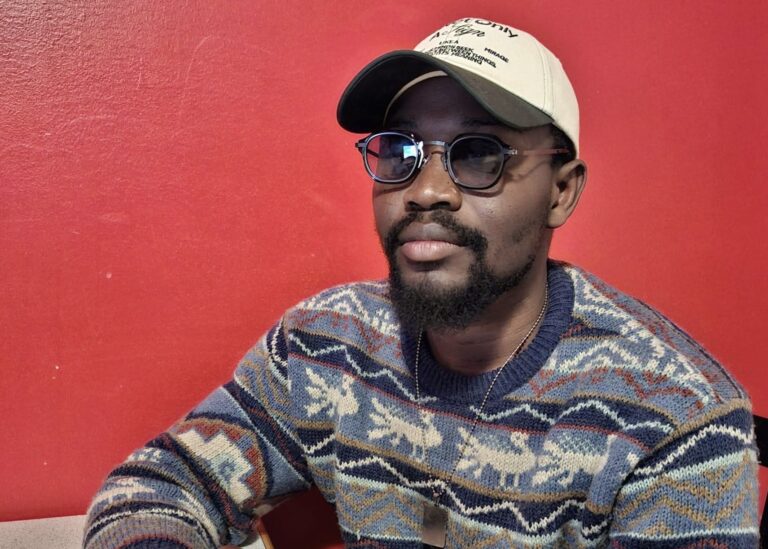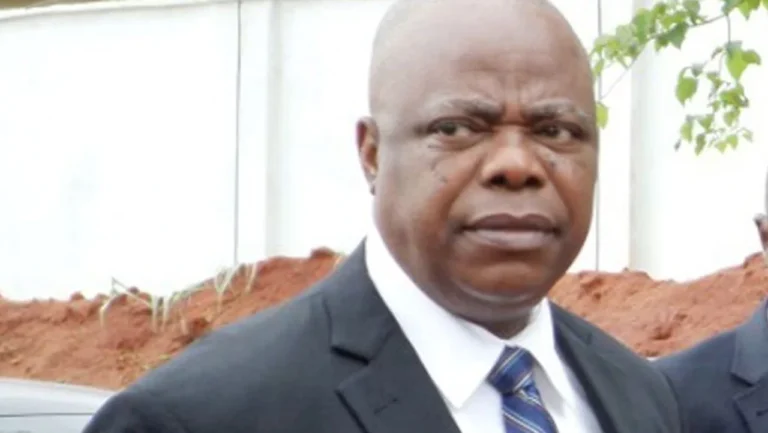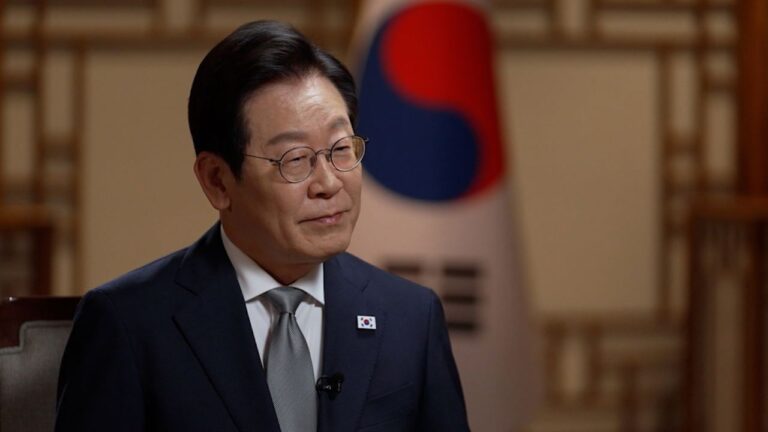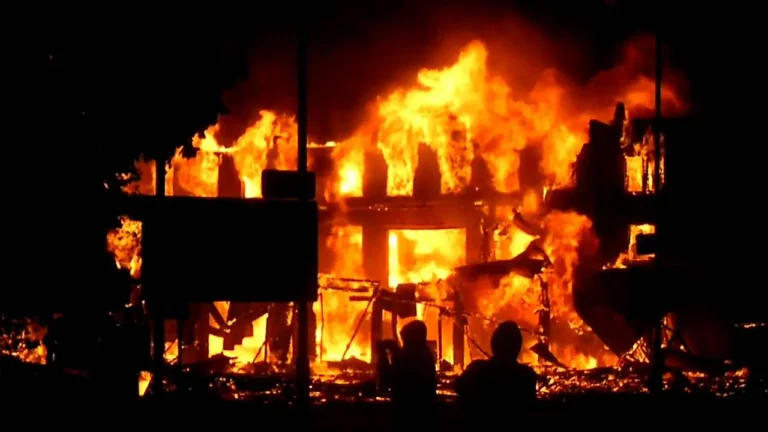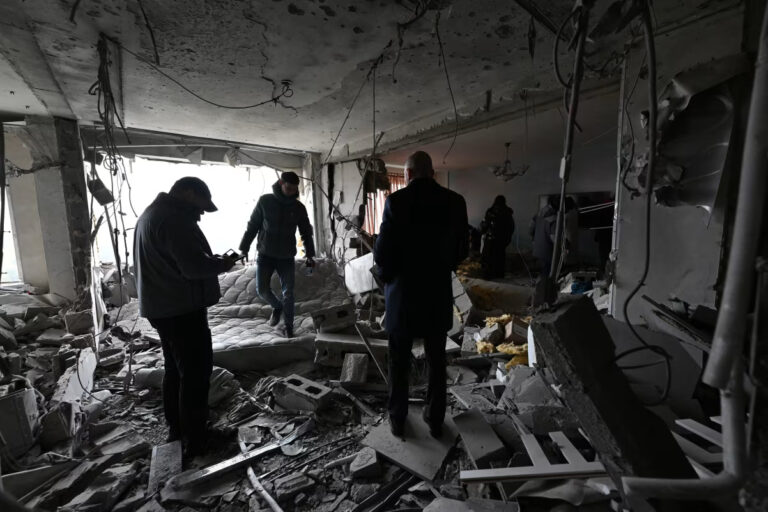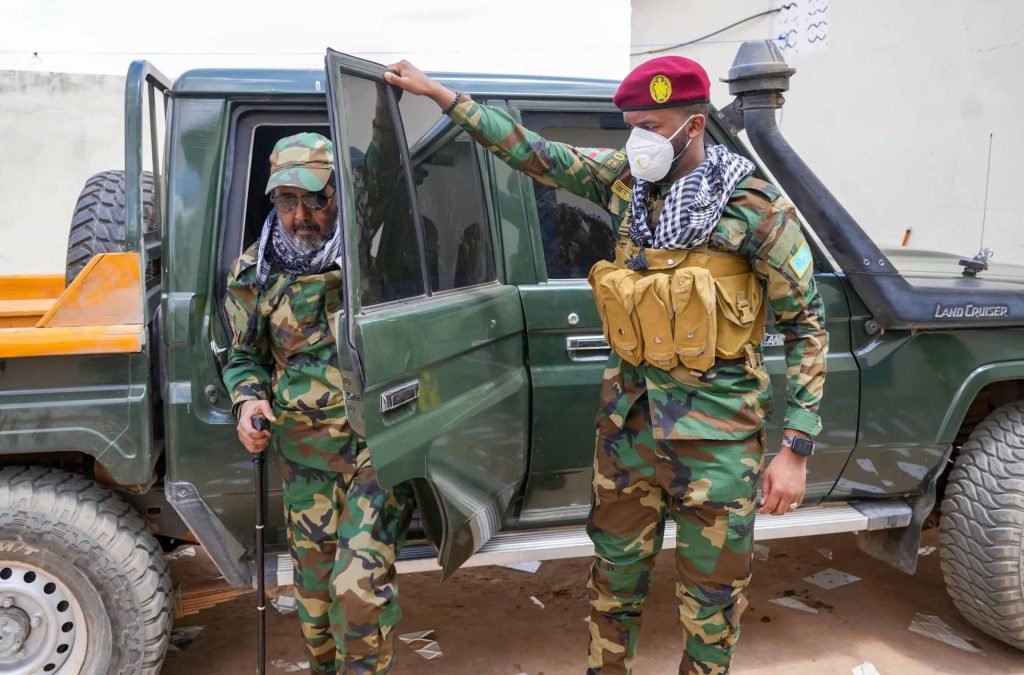
MOGADISHU (Somaliguardian) – The International Crisis Group (ICG) has called on the European Union to step in and help resolve Somalia’s growing political crisis, warning that continued instability could further unravel hard-won gains and embolden the Al-Qaeda-linked militant group Al-Shabab.
In a report issued on 16 October, the Brussels-based think tank said a political deadlock between Somalia’s federal government, the opposition, and some federal member states over the nature of upcoming elections – whether to pursue universal suffrage or retain the indirect model – is threatening to derail the country’s fragile progress.
The impasse, which has worsened in recent months, comes amid renewed territorial gains by Al-Shabaab. The militant group has reclaimed large parts of land previously captured by government forces during operations in 2022 and 2023. According to the report, a combination of political dysfunction and an ill-trained, inexperienced army has left the government unable to hold those areas.
To stabilise the situation, the ICG recommends that the EU “press Mogadishu to reach an agreement with the political opposition and federal member states over a framework for the 2026 polls”, including conducting shuttle diplomacy in coordination with the African Union (AU) and United Nations, and preparing to mediate if required.
The ICG also urged Brussels to “assess the shortcomings of the Somalia-EU roadmap, which the two sides committed to in 2023”, and to begin work on a revised version that addresses “underlying political barriers to stability”. This would involve encouraging sustained dialogue between the federal government and Puntland to resolve disagreements over how Somalia’s federal system should function.
The report highlights serious funding shortfalls for the AU-led African Union Support and Stabilization Mission in Somalia (AUSSOM), noting that only 27% of the 2025 budget has been secured due to donor fatigue and growing doubts over the mission’s effectiveness. Despite this, AUSSOM remains the principal bulwark against Al-Shabaab.
“To complement AUSSOM’s efforts,” the report continued, “the EU should also adapt its two missions – a military training operation and a civilian capacity building one – to boost Somali readiness to eventually take over the AU’s responsibilities.” It added that while support has so far been focused at the federal level, local units under state control – including state police and the Darwish paramilitary – must also be equipped to confront the insurgency.
The ICG stressed the need to reorient EU training and capacity-building programmes to address specific flaws in Somali security forces, such as command and control deficiencies and logistical weaknesses.
“The EU should look to support longer-term change if it wants Somalia to stabilise and achieve core goals like eventually drawing down the AU mission,” the report said. “As noted above, one of the most important hurdles in the way of an effective national government has been political divisiveness and the threats it poses to stability.”
“Averting a flare-up of electoral unrest, addressing near-term security needs and devoting more energy to addressing the fundamental tensions that hinder progress toward a viable state will offer a better pathway to achieving long-term stability in Somalia,” the report concluded. “Through a refreshed roadmap, the EU can support Mogadishu as it seeks to get out of crisis mode and shift toward a more sustainable model of government. The war-weary Somali people deserve nothing less.”


